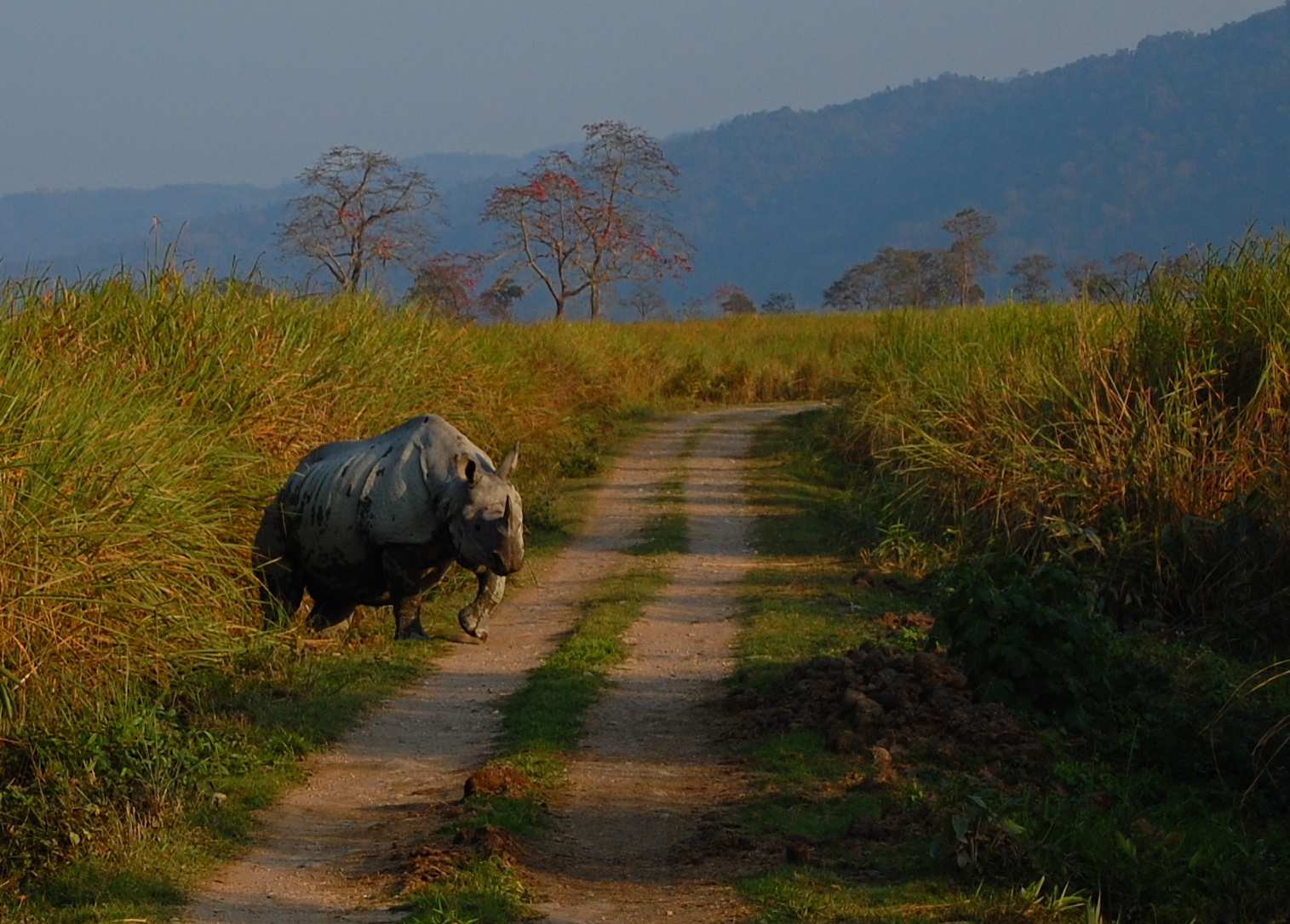BBC in Government Trouble: Film Says 'Shoot at Sight' Orders Kill 106 Tribals in Kaziranga

NEW DELHI: The National Tiger Conservation Authority (NTCA) has reportedly banned the British Broadcasting Corporation (BBC) from filming in its tiger reserves for a period of five years, citing “breach of trust.” The NTCA’s parent body, the Ministry of Environment, is reportedly considering similar action against the BBC, and could ban the organisation from filming in any of the wildlife parks or sanctuaries in India.
The NTCA issued a notice to the BBC following the airing of a documentary titled ‘Killing For Conservation’ -- that alleged that shoot-on-sight policies implemented in Kaziranga Park have contributed to at least 106 people being killed without trial in the last 20 years, including a severely disabled tribal man.
The documentary was the result of an investigation by BBC journalist Justin Rowlatt, and included interviews with guards and tribal people affected by the stringent policy, as well as footage of violent evictions, and a refusal to condemn shoot on sight by a senior WWF-India official.
A seven-year-old tribal boy was shot and maimed for life in the park in July. Guards are “fully ordered” to shoot any intruders, according to a guard interviewed in the film, and are given immunity from prosecution if they kill or injure suspects.
Rowlatt has reportedly been threatened with having his visa revoked after the documentary was aired in February this year.
The NTCA, in its notice, complained that the report should have been submitted for “obligatory previewing” at India’s Ministry of External Affairs, “in order to remove any deviations.” They have also asserted that the film-makers should not have been “filming after sunset” and “deviated” from the original synopsis submitted to the Ministry of Environment. The notice, according to media reports, states that Rowlatt used "spasmodic events as an umbrella to judge a gamut of conservation efforts that go into safeguarding our wildlife heritage, with scant understanding of the laws in place.”
Rowlatt has already made a public statement defending the documentary, saying that there was no intention to deceive anyone, and his journalistic duty compelled him to investigate the allegations that local tribal people have levelled against park authorities.
The documentary was widely viewed, and Kaziranga authorities were forced to explain the charges against them. The director of the park, Satyendra Singh, said the BBC had misrepresented its policies, but the numbers -- of a 106 deaths -- tell a different story.
Singh appears in the documentary, giving a detailed account of the number of poachers killed. In all, 50 poachers were killed in a span of three years, according to Singh’s numbers. The park director, however, told the media after the documentary had been aired that all these deaths were the result of encounters that occurred between forest guards and poachers. "If they [poachers] open fire, then there will be cross firing from our end also.” Reiterating there is no shoot-at-sight policy, Singh said that the law only provides immunity to forest guards involved in checking poaching. "There is immunity in case of use of firearms under the Code of Criminal Procedure Section 197," he explained.
Under this section, forest guards who use firearms are not arrested, but are subjected to an inquiry to decide whether he has "used excessive force or not", Singh told Newslaundry. He claimed that the BBC had confused this immunity for a shoot-at-sight policy.
Interviews with guards in the documentary contradict Singh’s attempts at a clarification. "Whenever we see poachers or any people during the night, we are ordered to shoot them," a guard, Advesh, said.
Survival International -- an organisation leading the global fight against abuses in the name of conservation -- was interviewed for the documentary, and has issued a statement following the reports of the notice being sent to the BBC.
Survival’s Director Stephen Corry said: “Censorship of the press is a hallmark of oppressive government regimes. This time it’s conservationists who want to clamp down on press freedom. It’s not surprising – they have a lot to hide. As Mr Rowlatt’s investigations exposed, India’s conservation authorities are responsible for gross human rights violations. Shoot on sight is illegal, immoral, and harming conservation efforts. It’s time the big conservation organizations condemned this madness.”
Prior to the ban, a BBC spokesperson reportedly said: "This film makes clear the successes achieved by India's conservation policies in preserving the country's most iconic wildlife. However, the film also expressly set out to explore the challenges of India's conservation drive and during production it became clear that one of those challenges was the impact on communities living next to the park.The issues raised in the film are part of an important international debate on the appropriate way to combat poaching. We did approach the relevant government authorities to make sure their position was fully reflected but they declined to take part.”
The Citizen’s efforts to get a statement/clarification on the reported ban from the BBC New Delhi office where Rowlatt is based were unsuccessful.



